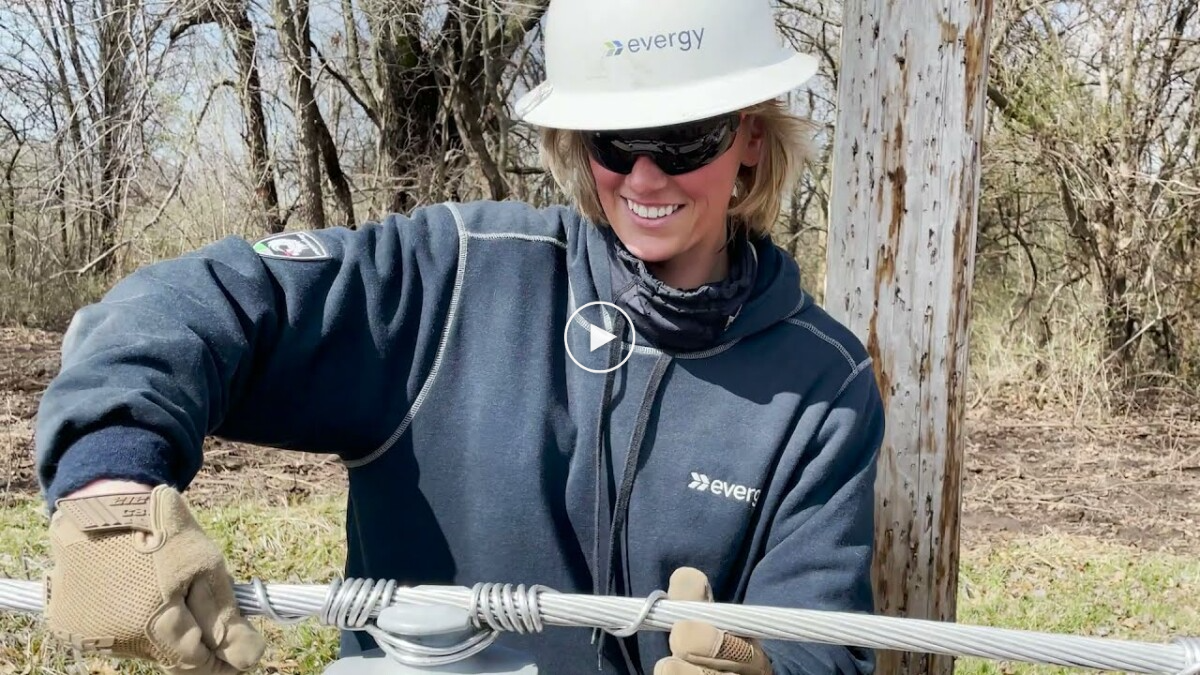Apprenticeships
Energy Careers Offer
Competitive Compensation
The energy sector pays competitively because of the knowledge, skills and abilities needed in its workforce. In many instances, wages and salaries are well above national levels. For technical and skilled trade positions, the average median hourly wage for energy employees is $25.60 — 34% higher than the national median hourly wage of $19.14. Some segments of the energy industry pay as much as 53% above the median hourly wage.* In addition to strong offerings for employees in technical positions, industry companies provide rich employment packages to attract professionals who can lead and support the business of energy.
Energy Careers Offer
Competitive Compensation
The energy sector pays competitively because of the knowledge, skills and abilities needed in its workforce. In many instances, wages and salaries are well above national levels. For technical and skilled trade positions, the average median hourly wage for energy employees is $25.60 — 34% higher than the national median hourly wage of $19.14. Some segments of the energy industry pay as much as 53% above the median hourly wage.* In addition to strong offerings for employees in technical positions, industry companies provide rich employment packages to attract professionals who can lead and support the business of energy.

Variety of Apprenticeships in the Energy Industry
There are HUNDREDS of industry apprenticeships. Check out a few of them here:
- Cable Splicer
- Corrosion-Control Fitter
- Electrical Meter Technician
- Electrician
- Engineering Technician
- Estimator
- Gas Control Technician
- Gas Meter Mechanic
- Gas Pipefitter
- Gas System Operator
- Horizontal Directional Driller
- Hydro Electrician
- Hydro Stationary Engineer
- Lineworker
- Line Erector
- Meter Technician
- Power Distributor and Dispatcher
- Power Plant Instrument and Control Technician
- Power Plant Operator
- Power Plant Control Room Operator
- Relay Technician
- Substation Technician
- Substation Apparatus Technician
- Telecomunication Technician/Electronics Technician
- Transmission System Operator
- Utilities Locator
- Utility Service Specialist
Variety of Apprenticeships in the Energy Industry
There are HUNDREDS of industry apprenticeships. Check out a few of them here:
- Gas Meter Mechanic
- Gas Pipefitter
- Gas System Operator
- Horizontal Directional Driller
- Hydro Electrician
- Hydro Stationary Engineer
- Lineworker
- Cable Splicer
- Corrosion-Control Fitter
- Electrical Meter Technician
- Electrician
- Engineering Technician
- Estimator
- Gas Control Technician
- Line Erector
- Meter Technician
- Power Distributor and Dispatcher
- Power Plant Instrument and Control Technician
- Power Plant Operator
- Power Plant Control Room Operator
- Relay Technician
- Substation Technician
- Substation Apparatus Technician
- Telecomunication Technician/Electronics Technician
- Transmission System Operator
- Utilities Locator
- Utility Service Specialist
Benefits of Industry
Apprenticeships
Apprenticeships are a tried-and-true method of knowledge transfer. Experienced mentors take apprentices under their wing to show them the professional ropes – sharing their knowledge, advice, and guidance.
- Apprenticeships are “earn while you learn” employment models. Apprentices are paid to learn the skills important to their craft, with compensation increases as they learn.
- The on-the-job learning model provides college-level learning, at little to no cost. Apprenticeships are sometimes called the “other four-year degree.”
- Some colleges provide credit for what students learn through apprenticeships. Apprentices receive industry-recognized, often portable, credentials.
- Veterans may be able to apply their GI Bill to VA-approved apprenticeships.
Qualifications for
Apprenticeships
Requirements for apprenticeships vary within companies but generally, the following qualifications apply.
Apprentices should be:
- 18 years and older (Some companies will require apprentices to be 21.)
- Able to pass a drug screen and background check
- Physically able to do the work of the specific trade/occupation
- A high-school graduate or have obtained a General Education Diploma (GED)
- Able to access reliable transportation
- Able to earn a Commercial Driver’s License (for some companies)
A Word About Pre-
Apprenticeships
Many companies offer pre-apprenticeships, programs that provide information and experiences to help students and career-ready adults learn about and prepare for apprenticeships, and other industry opportunities. Pre-apprenticeships take place over a few weeks or months, and generally do not include compensation. Participants may learn about jobs within the industry, strategies for success on pre-employment tests, employment qualifications, and the like.


